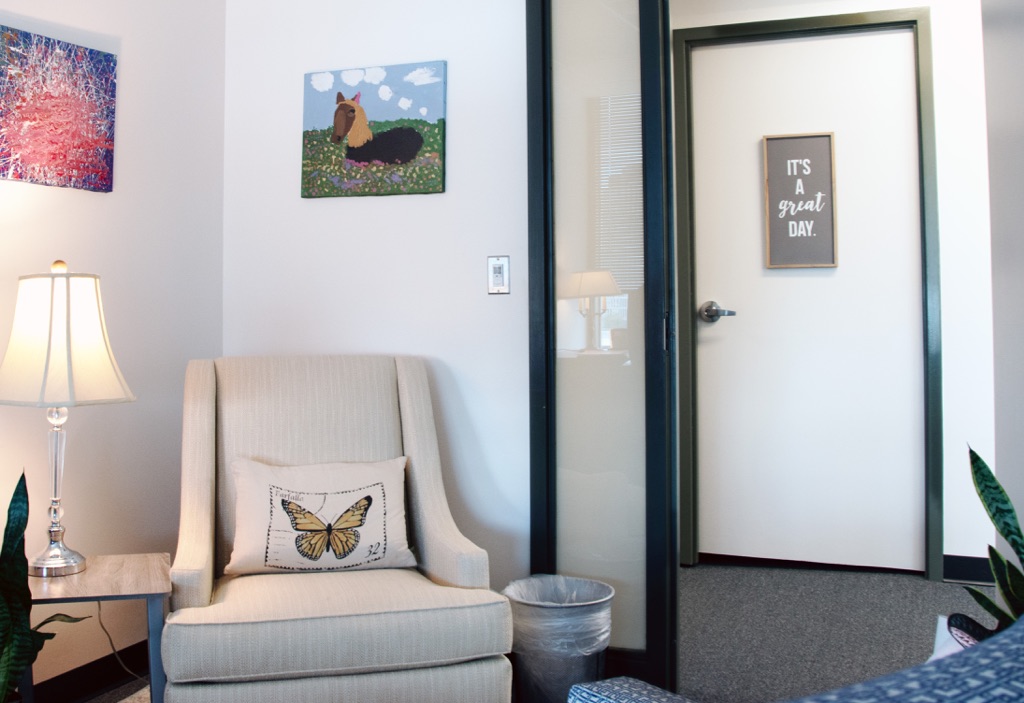New Paradigm Recovery understands the importance of family systems and family relationships when it comes to comprehensive treatment.
Our families and the dynamics, customs, and relationships within these systems can play numerous roles in developing and recovering from behavioral health conditions.
A family history of addiction increase one’s chances of developing these disorders. However, genetic heredity is, perhaps, the simplest aspect of the extraordinarily complex relational, psychological, and environmental factors that give family systems an outsized role in contributing to our mental health and ability to find and continue recovery.
New Paradigm Recovery involves spouses and partners, parents and children, siblings, and other identified family members to determine how a client’s relationships, experiences, home life, and other stressors may be impacting their health. Our team also addresses the ways in which family members are affected by living with a loved one experiencing active addiction. Through education and family therapy, clients and families are often able to re-establish productive communication, uncover and address longstanding issues, and find healthier ways to move forward. Crucially, the process of engaging in family programming also identifies whether clients can expect a recovery-supportive home environment or if they should consider a recovery residence or sober-living service, especially in the early stages of recovery.
New Paradigm Recovery therapists take a solution-oriented approach to family work. Clients and family members are helped to feel safe and supported. The process of family engagement is not about blaming or judgment but about helping all members feel better and supporting the goals of well-being and recovery.
We believe strongly in maintaining a completely safe and supportive environmnt where families can have meaningful conversations, learn, heal, and make progress. By helping partners, spouses, parents and children understand the disease of adiction, they can begin to process their own traumatic experiences of living with a loved one experiencing these conditions and know how to support recovery.


